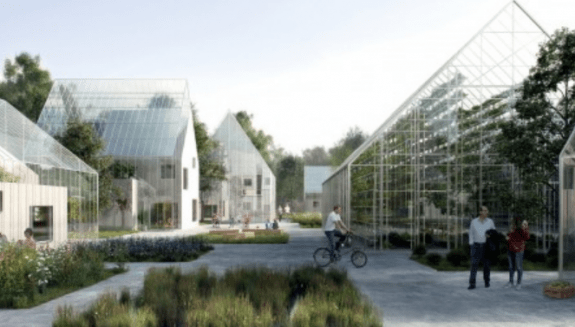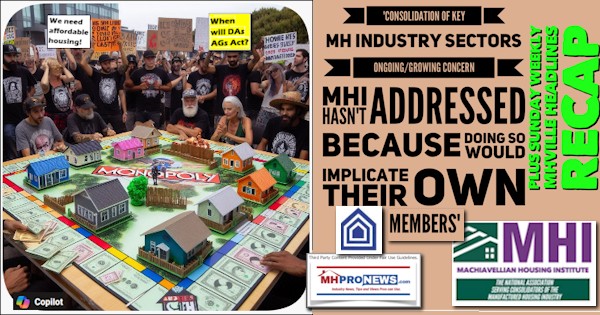
Based on a study from Stanford University, each village combines homes, greenhouses and public buildings, interconnecting vertical farming with everyday living. As weburbanist informs MHProNews, each village unit is essentially self-contained, living off the grid without polluting or dependent on outside resources.
Integrated solar panel systems power heating, cooling and electric cars, and community residents are responsible for water and waste management. Produce is grown individually as well as communally. The design of the modular homes is “designed around seasonal energy savings and human comfort factors.”
With the backing of entrepreneurs, plans are afoot to also launch the concept in Norway, Sweden, Denmark and Germany, and later in Africa and China.
Dubbed ReGen by its creators at EFFEKT, “Our modern lifestyle is utterly unsustainable and this calls for more resilient solutions for the future,” explained EFFEKT partner Sinus Lynge. “The technology already exists, it is just a matter of applying science into the architecture of everyday life. ReGen Villages is engineering and facilitating the development of off-grid, integrated and resilient neighborhoods that power and feed self-reliant families around the world. The time has come to redefine residential real-estate development for the next three billion people coming to the planet.” ##
(Photo credit: weburbanist–vertical gardens are on the right.)

























